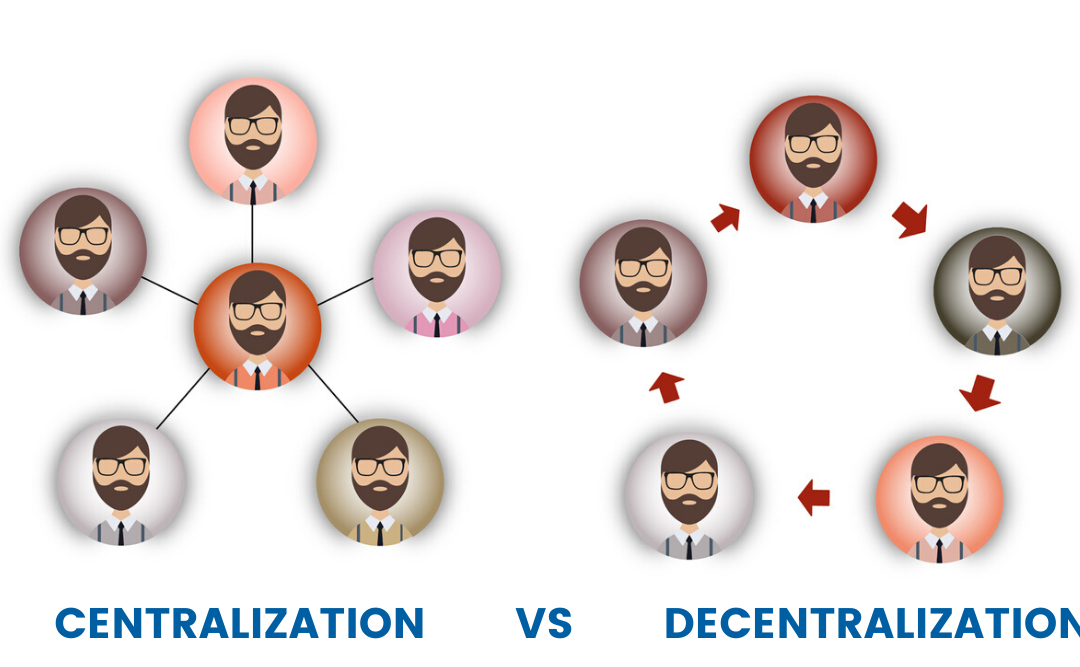A few months ago, we wrote a blog post called The Future of Language Service Providers, outlining the political and technological developments affecting the language industry. One political development we pointed out was the state of Washington looking to potentially replace language service providers with one independent scheduling organization, essentially centralizing interpreting services in the state. A year ago, the Danish government tried centralizing judicial interpreter services, but that did not turn out well. Previously, the UK also screwed the pooch trying to centralize judicial interpreting, which begs the question: is centralizing interpreting services a recipe for disaster?
Denmark: EasyTranslate
In Denmark, the Ministry of Justice and the Ministry of Immigration & Integration tasked the National Police with finding a vendor to privatize its language services, in an attempt to “improve quality and transparency in the Danish interpreting market.” After a long bidding process, Copenhagen-based startup EasyTranslate was eventually named sole vendor in a four-year, 80 million dollar contract. The official start date of the project was April 1, 2019. Just 8 months into the contract, the contract was immediately terminated due to “serious data protection breaches.” Apparently, EasyTranslate neglected to protect sensitive information such as indictments and arrest warrants from uncleared staff. Additionally, the contract was terminated due to “subpar contract delivery, wrong interpreter classification and poor handling of complaints.”
UK: Capita Translation and Interpreting
EasyTranslate was not the first centralization fiasco. In the UK, the Ministry of Justice also ran into issues attempting to centralize judicial interpreting services. The four-year, 290 million dollar contract was initially awarded to Capita TI, in an attempt to cut costs. However, Capita TI never managed to meet the 98% fulfillment rate, which was contractually agreed upon. Additionally, the LSP was never able to make the contract profitable. In what some considered to be a risky maneuver, English LSP thebigword took over the contract and found a way to make the contract profitable, despite heavy infrastructure investments to meet the MoJ’s compliance and quality requirements.
Centralization: Recipe for Disaster?
It is clear that awarding large interpretation contracts to a single vendor is not without risk. When centralizing interpreting services, it is extremely challenging to meet the desired quality assurance of interpreter service delivery, which is something we already mentioned. That also proved to be the downfall for both EasyTranslate and Capita TI. Also, when removing competition from the equation, what is driving the vendor to continue to innovate? When a provider essentially has a monopoly over language services, the quality of those services is bound to go down. It will be interesting to see how thebigword will fare over the next few years and whether or not other government institutions will decide to centralize language services.
What do you think about the centralization of interpretation services? Do you think it’s a recipe for disaster? Or do you think it’s just a formula that hasn’t been proven to work yet? Let us know!


Indeed, exogenous TGF ОІ2 stimulation restores the regenerative potential of muscles with targeted ОІ catenin disruption in MuSCs tadalafil cialis
rate canadian pharmacies
canadian 24 hour pharmacy
levitra online uk
clindamycin 600 mg tablets price amoxil 500mg lioresal online compare valtrex prices
canada pharmacy world
amoxicillin 875mg prices
prednisolone 25mg buy online
furosemide buy
mexican pharmacy weight loss
dexamethasone tablet prednisolone sod where can i buy albendazole zovirax 200 tretinoin 0.1 cream discount
zoloft prices
1 retin a gel
generic wellbutrin 150 mg strattera order
amoxicillin 870 mg dexona 8mg tablet can you buy prednisolone over the counter in australia
dexamethasone generic brand
dipyridamole 75 mg online pharmacy drop shipping gabapentin in canada fildena 50 online amoxil generic brand name
how can i get accutane online
[url=https://zithromaxtabs.shop/]zithromax antibiotic without prescription[/url]
azithromycin 4 pills
sildenafil 25 mg buy brand viagra uk strattera online europe accutane price in canada ipledge accutane stromectol pill for humans
where can i buy strattera online
celebrex cost comparison
modafinil online canadian pharmacy
vibramycin doxycycline
amoxil 500mg capsules
cheap flomax generic metformin accutane pills price in south africa generic sildenafil 100mg tablet lisinopril 10mg tablets price
drug doxycycline 100mg
generic seroquel 400 mg
flomax medication coupon motilium tablet price seroquel 1200 mg diflucan 200 mg gabapentin pharmacy digoxin cost in us
generic estrace cream usa
retino 0.25 cream price
where can you get accutane online
augmentin tab online augmentin 875 mg tablets augmentin 80
where can i buy trental
price of accutane
buy propecia canada
suhagra 100mg online india
combivent respimat inhaler spray